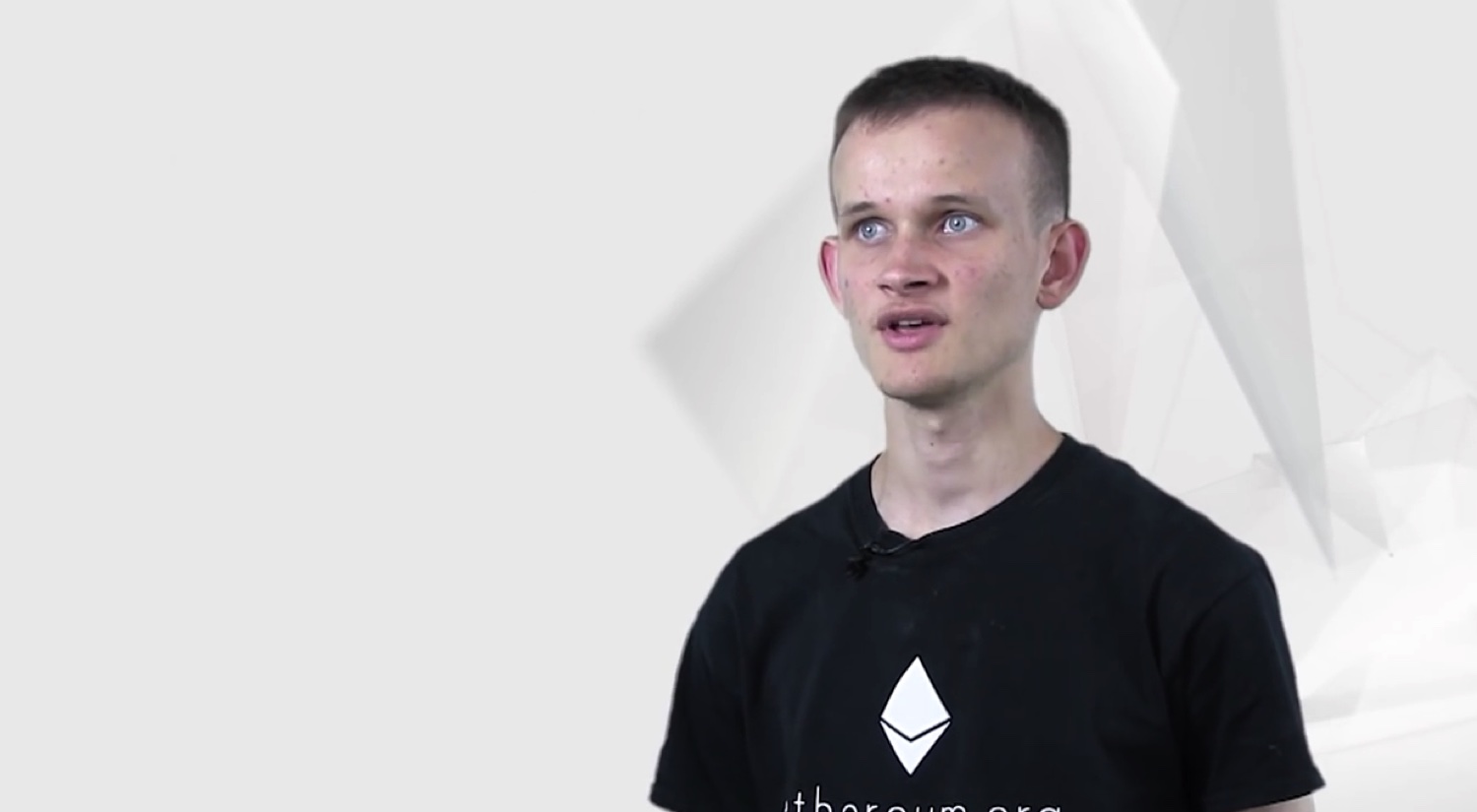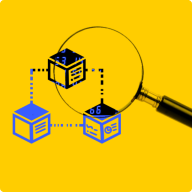
Vitalik Buterin
Vitalik Buterin, a Russian-Canadian entrepreneur and programmer from Toronto, first envisioned Ethereum when he was 19-years-old.
In 2011, the year Buterin first grew interested in Bitcoin, Buterin co-founded the online news website Bitcoin Magazine, writing hundreds of articles on the cryptocurrency world. He went on to code for the privacy-minded Dark Wallet and the marketplace Egora.
He released a white paper in 2013 describing an alternative platform that would allow developers to create their own decentralized applications using a built-in programming language. Many developers were drawn to this idea because these new applications would be accessible to a global audience, highly secure, and much faster to build because there are no intermediary services to integrate.
To accomplish this, Ethereum makes it easy to create smart contracts, code that automatically creates an outcome when certain conditions are met. For his work, Buterin was also named a 2014 Thiel fellow, winning a $100,000 grant to work on Ethereum.
FAQs
Who helped Buterin create Ethereum?
After Buterin unveiled the Ethereum white paper, several other developers joined the ranks including CEO of IOG Charles Hoskinson, Decentral CEO Anthony Di Iorio and Akasha Founder Mihai Alisie. Buterin also introduced two new members to the team:
- Co-founder Dr. Gavin Wood did much of the early programming and architecting of the platform. He wrote the Ethereum yellow paper, the “technical bible” that outlines the specification for the Ethereum Virtual Machine (EVM), which is responsible for handling the state of the ledger and runs smart contracts.
- Co-founder Joseph Lubin went on to found the Brooklyn-based ConsenSys, a startup that focuses on building decentralized apps.
How much money does Buterin have?
Since Ethereum data and transaction information is public, users can track how much money Buterin has stored in ether, Ethereum's native token.
Buterin's main address is this one, which shows that he owns 333,348 ether, worth approximately $405million at the time this article was published.
What was Ethereum like in its early days?
To get the project off the ground, Buterin and the other founders launched a crowdfunding campaign in July 2014 where participants purchased ether, the Ethereum tokens that function as shares in the project.
Raising more than $18m, it was the most successful crowdsale at that time. It took another year, but the first live release, Frontier, launched on 30th July, 2015. It wasn’t a particularly attractive platform, but the command line interface offered developers a platform for creating their own decentralized apps.
The smart contract platform took off, swelling into today’s ecosystem of hundreds of developers and even drawing the attention of tech giants like IBM and Microsoft.
The funds from Ethereum’s initial $18m crowd sale and project development are now managed by the Ethereum Foundation, a non-profit entity based in Zug, Switzerland.
By Alyssa Hertig
DISCLOSURE
Please note that our privacy policy, terms of use, cookies, and do not sell my personal information has been updated.
The leader in news and information on cryptocurrency, digital assets and the future of money, CoinDesk is a media outlet that strives for the highest journalistic standards and abides by a strict set of editorial policies. CoinDesk is an independent operating subsidiary of Digital Currency Group, which invests in cryptocurrencies and blockchain startups. As part of their compensation, certain CoinDesk employees, including editorial employees, may receive exposure to DCG equity in the form of stock appreciation rights, which vest over a multi-year period. CoinDesk journalists are not allowed to purchase stock outright in DCG.
:format(jpg)/cloudfront-us-east-1.images.arcpublishing.com/coindesk/ZZF3IY7XXRAQRD4EYIPOMHDKCE.jpg)


:format(jpg)/cloudfront-us-east-1.images.arcpublishing.com/coindesk/DMG6DBTBSNHYRJNLOYIOQDROGI.jpg)
:format(jpg)/cloudfront-us-east-1.images.arcpublishing.com/coindesk/PFTJB3CBBZCGPEUSNCEZ7F3Z7U.jpg)
:format(jpg)/cloudfront-us-east-1.images.arcpublishing.com/coindesk/PJTR3KRDWJCRVE3QREM6KUOK7A.png)
:format(jpg)/cloudfront-us-east-1.images.arcpublishing.com/coindesk/FBKUMHO4CJFYPNW2J7ZSXYCBU4.png)


